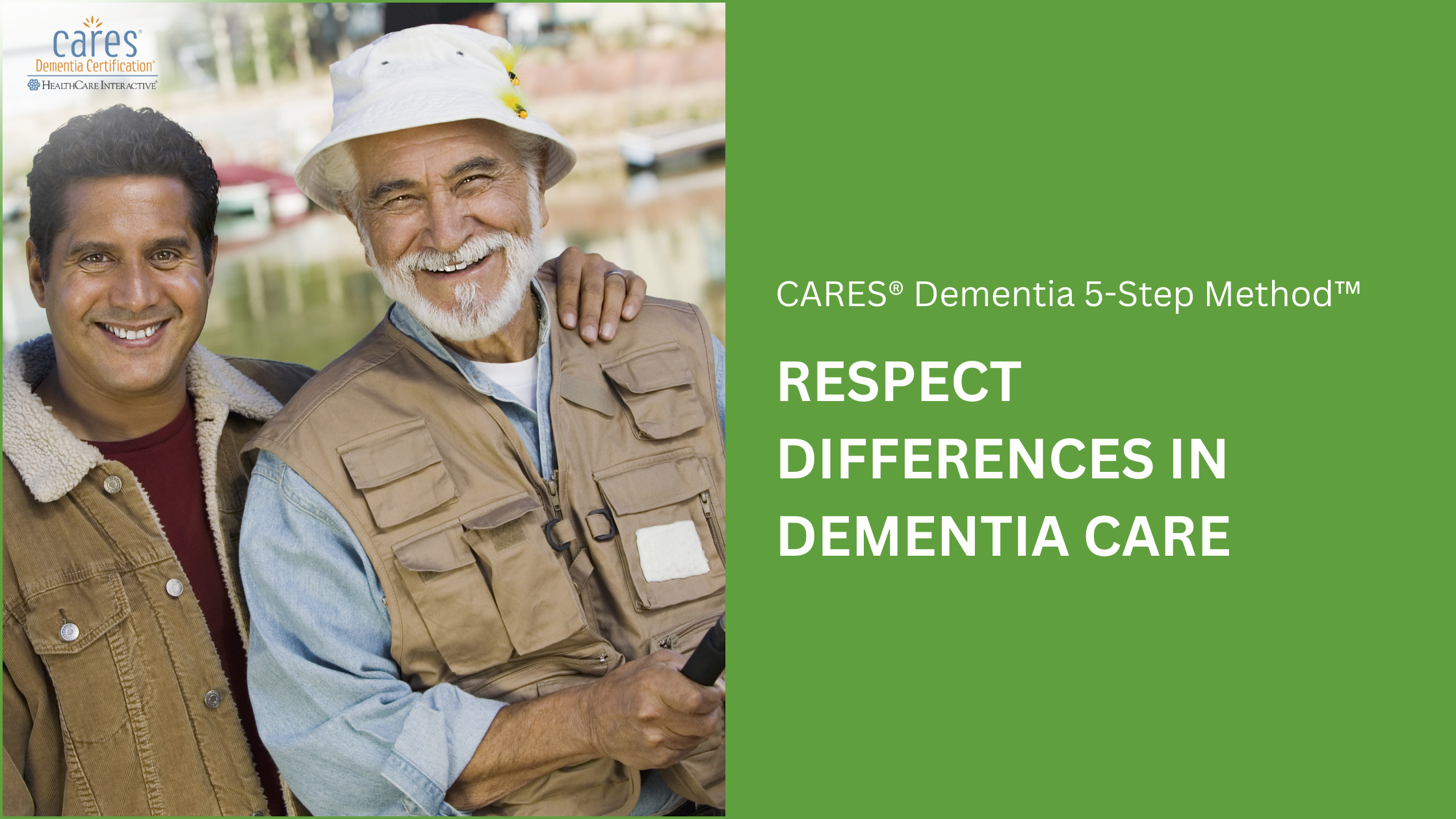Caring for someone with dementia can be challenging, but the CARES® Approach makes it easier by reducing stress and improving efficiency. Instead of adding extra steps, CARES streamlines caregiving, making interactions smoother and more rewarding.
Saving Time with CARES®
Many assume CARES takes extra effort, but it actually saves time by preventing misunderstandings, reducing agitation, and fostering better communication. Caregivers who use CARES find their work more effective and less frustrating, allowing them to anticipate and meet needs more efficiently.
The Power of Connection
Building and maintaining connections is key in dementia care. Once a connection is made, it’s vital to sustain it by:
1. Using nonverbal cues – Facial expressions, gestures, and tone help reinforce trust.
2. Practicing patience – Give time for expression and acknowledge emotions.
3. Reconnecting when needed – If a disruption occurs, calmly start over.
A More Rewarding Experience
Using the CARES Approach helps caregivers reduce stress, improve interactions, and find more joy in their work. By focusing on meaningful connections and practical strategies, caregiving becomes not just a responsibility but a fulfilling experience for both the caregiver and the individual receiving care.
Want to enhance your dementia care skills? Explore our resources and training programs today! Dementia care techniques.
Upgrade your dementia care skills with this exclusive offer! Get $25 off any CARES® online training. Use code 2MYVB5 at checkout—valid until June 30, 2025. Don’t miss this opportunity to invest in quality training!


